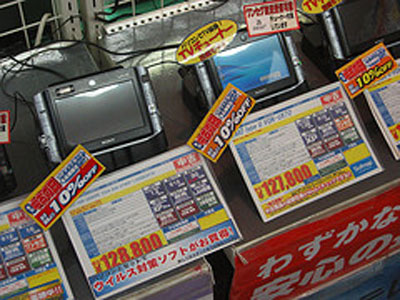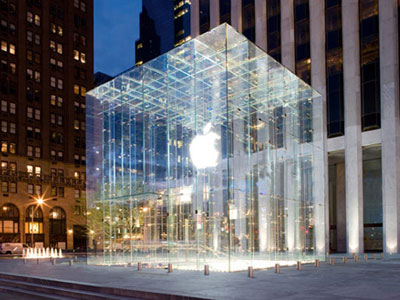Speaking at IT Channel Vision 2008 today in Rome, Microsoft's general manager of worldwide system builder channel, Dana Manciagli, stated to system builders and retailers that 'we need to counter the trend to commoditisation'.
In reference to consumer opportunities, Dana recommends that the channel, as a whole, needs to focus on 'improving customer experiences'. Indicating that Macs are at present taking enough of the market share to make Microsoft and its partners feel uneasy, Dana adds that it is 'important that PCs stay competitive in the consumer experience field with Macs'.

Making clear the apparent problems facing PC retail today, key elements such as packaging, out-of-box experience, support and aptly-titled 'crapware' were highlighted. Resellers can clean up PCs, said Dana.
Presenting products better, removing stickers or logos from product shells and reducing the number of pre-installed CPU-intensive applications (i.e. crapware) are just some of the methods by which Microsoft claims resellers can help combat the presentation experts; Apple.
What Dana essentially tried to tell the listening VARs, SIs and retailers, is that what today looks something akin to this:

Needs to sooner, rather than later, turn into something not too dissimilar to this:

Naturally, the Microsoft presentation didn't feature an Apple store itself. It featured a similar Microsoft-themed store in which users can sit down in a comfortable environment and get hands-on time with equipment they may then purchase.
Following on from improved customer experiences, Dana moved on to the next essential tool against commoditisation; premium PCs. With the low-cost market growing at an ever-increasing rate, consumers are now choosing to pay less than ever before for complete computer systems and the key to getting consumers wanting more, is Fashion, according to Microsoft.
Microsoft's research is said to show that consumers want to spend more and today, can spend more. Consumers want to have more processing power, more memory and better performance, but now more importantly, they want 'cool'. Laptops that look good are the way forward.
After a catwalk-esque slideshow of fashion PCs such as ASUS' Lamborghini range, Dana made the point that all retailers should look to offer a premium product of their own, and that Microsoft would be only to happy to help market such products. As expected, Microsoft states that these premium products should offer premium software such as Microsoft's Windows Vista Ultimate.
After Dana's speech, we were able to put forward the question; 'If premium software helps create the improved customer experience, whatever happened to those Windows Vista Ultimate Extras?'
'What Ultimate Extras?', she said, amused and acceptant of Microsoft's own failure to deliver the customer experience required.













